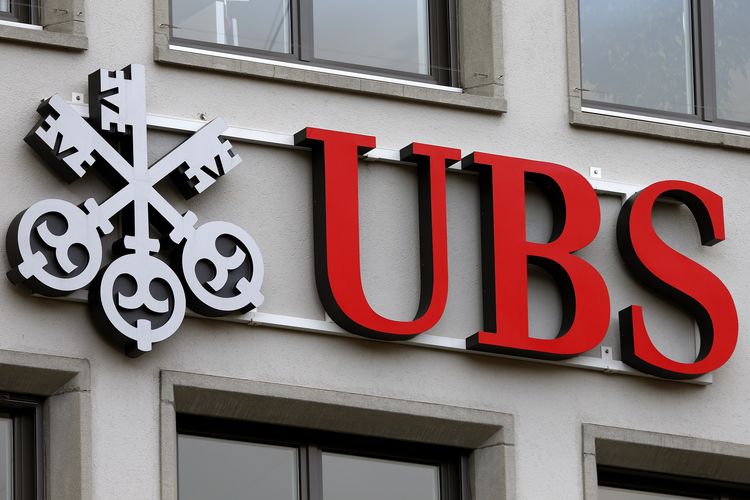(Reuters) - A US appeals court on Monday revived a civil lawsuit accusing major banks of conspiring to manipulate the Libor benchmark interest rate, in a big setback for their defense against investors’ claims of market-rigging.
The 2nd US Circuit Court of Appeals in Manhattan said a lower court judge erred in dismissing the antitrust portion of private litigation against Deutsche Bank AG, UBS AG, Bank of America Corp and 13 other banks on the ground that the investors failed to allege harm to competition.
“Appellants sustained their burden of showing injury by alleging that they paid artificially fixed higher prices,” Circuit Judge Dennis Jacobs wrote for a three-judge panel.
Libor, or the London Interbank Offered Rate, underpins hundreds of trillions of dollars of transactions and is used to set rates on credit cards, student loans and mortgages. It is calculated based on submissions by banks that sit on panels.
In litigation that began in 2011, investors accused big banks of suppressing Libor during the financial crisis to boost earnings or make their finances appear healthier.
The decision could help investors in several other lawsuits in Manhattan seeking to hold banks liable for alleged price-fixing in bond, commodity, currency, derivatives, interest rate and other financial markets.
“It strengthens the hand of investors in other price-fixing cases based on benchmarks that were reached in collaborative, or outright collusive, arrangements,” said Lawrence White, a professor at New York University’s Stern School of Business.
Thomas Goldstein, a lawyer who argued the investors’ appeal, was not immediately available for comment. Robert Wise, a lawyer who argued on the banks’ behalf, declined to comment.
Some of the other banks that were sued are Barclays Plc, Citigroup Inc, Credit Suisse Group, HSBC Holdings Plc, JP Morgan Chase & Co, Royal Bank of Canada, Rabobank BA, Royal Bank of Scotland Group Plc and Societe Generale.
Monday’s decision overturned a March 2013 dismissal by US District Judge Naomi Reice Buchwald in Manhattan of what she has called a “substantial portion” of the litigation, including federal antitrust claims that could justify triple damages.
“It means the court is entitled to look under the hood,” said Herbert Hovenkamp, an antitrust professor at the University of Iowa Law School. “The district judge got it wrong by adopting a categorical rule that because the banks were cooperating in setting Libor they could not be violating antitrust rules.”
Authorities worldwide have levied roughly US$9bn of fines against banks and brokerages to settle Libor rigging probes, including penalties of US$2.5bn against Deutsche Bank and US$1.5bn against UBS.
The case is Gelboim et al v. Bank of America Corp et al, 2nd US Circuit Court of Appeals, No. 13-3565.
Reporting by Jonathan Stempel; Additional reporting by Alison Frankel
